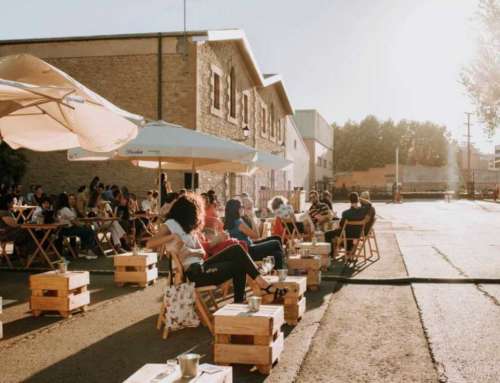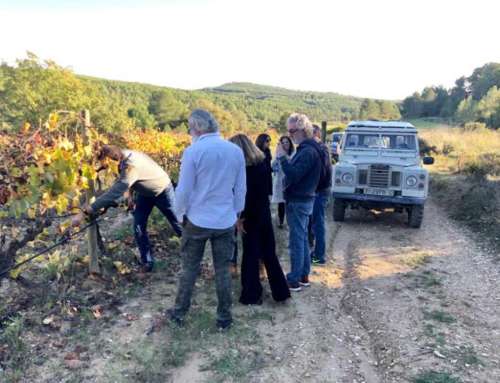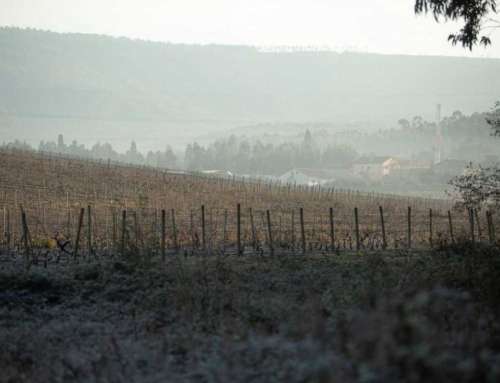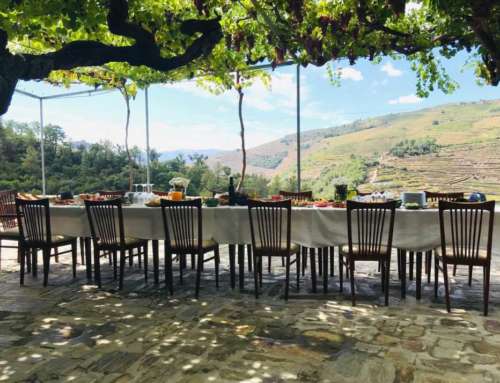The Almansa Wine Route will showcase its full potential at FINE 2023
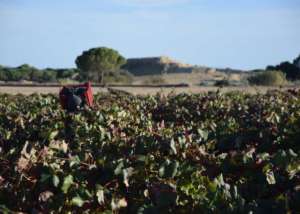
The Almansa wine route, despite its recent creation since it was established in 2021 and after several months of work presented its image and website at FITUR 2023, wants to show the national wine tourism scene as one of the destinations to be included by all lovers of good wine and spectacular scenery.
The region of Almansa is known for its wide and diverse offer in leisure, art and culture, sport, business, and its excellent access infrastructures, mobility and professional services. In addition, it offers good value for money in its tourist offer. However, for several years, the Almansa Designation of Origin, together with the local Town Council and the Development office of the Monte Ibérico-Corredor de Almansa region, had been working on the creation of a Wine Route.
On 6 July 2022, the Almansa Wine Route Association was constituted with a total of 28 members initially, representing the different gastronomic and tourist sectors of the region. Adolfo Cano López was appointed president of the new Almansa Wine Route. The main objective of this association is to promote different activities, products and create experiences to boost tourism in the territory of this Designation of Origin.
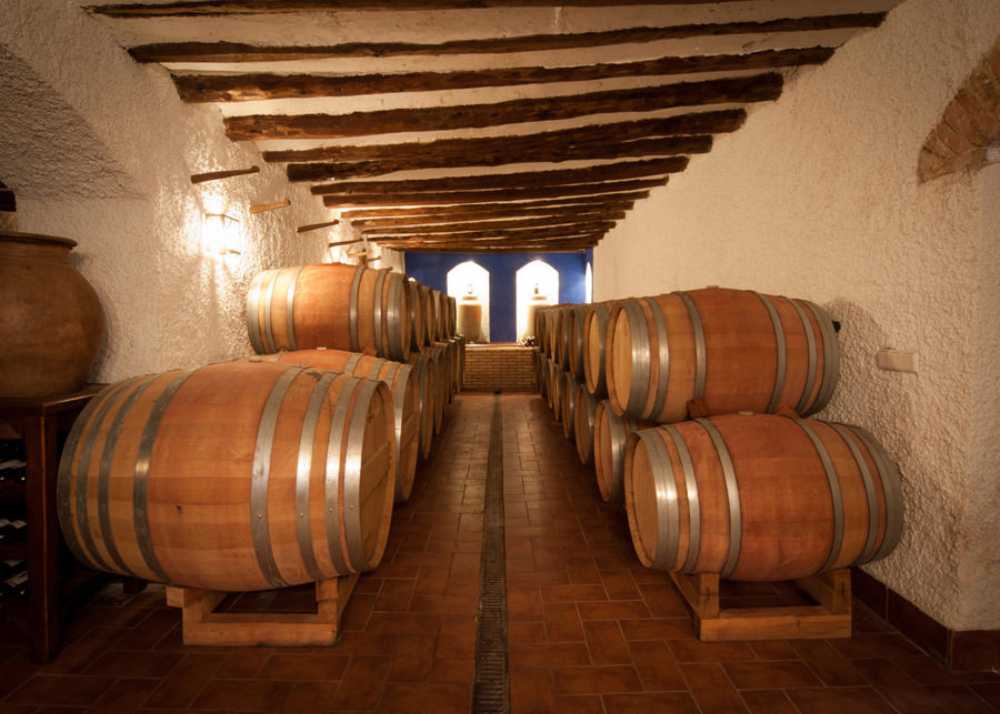
Source: Ruta del Vino de Almansa
The Almansa Wine Route is a tourist approach that focuses on the geographical area of production of this D.O. and covers several municipalities that belong to it. Tourists can travel through the destination from one component of the Route to another, enjoying the beauty of the landscape and the cultural and historical diversity of the integrated municipalities. The production area has ideal conditions, similar characteristics and originated by environmental peculiarities, but always within a common identity that gives rise to unique wines, of high quality and known throughout the world.
Culture and nature at its best
The Almansa Wine Route has become an innovative tourist offer that is fully in line with the most dynamic trends in the sector, such as the transformation of the sun and beach model, the increase in inland, cultural, nature and rural tourism. Furthermore, due to its nature and management system, it responds to the principles of Sustainable and Competitive Tourism and to the objectives and priorities set out in the Tourism Plan.
Through the different partners, different experiences will be created to publicise and promote the region, its gastronomy and its D.O. Almansa wines. Tourists will be able to enjoy wine tastings, visits to wineries and vineyards, tastings of typical local products, guided tours of the municipalities belonging to the D.O. Almansa, among other activities.
In addition, the activities and products offered along the route take into account the cultural and historical wealth of the region. Tourists can enjoy visits to wineries, wine tastings, tastings, walks through vineyards, outdoor activities, as well as visits to key tourist attractions such as the Castle of Almansa, the Church of the Assumption, and the Wine and Oil Interpretation Centre.
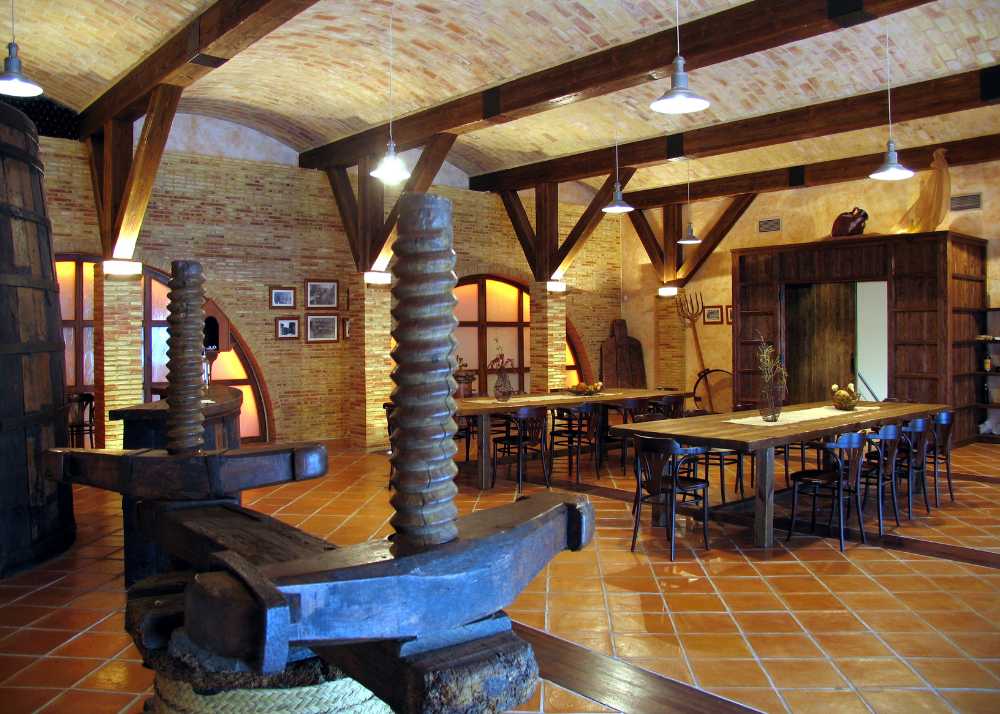
Source: Ruta del Vino de Almansa
Excellent gastronomy washed down with one of the best red wines in the world
The Almansa wine route also offers the opportunity to discover the local gastronomy and its rich culinary culture. Tourists can enjoy a wide variety of traditional dishes, made with local ingredients and perfectly paired with the wines of the Almansa Designation of Origin. Among the most outstanding dishes are arroz caldero, ajo mataero, gazpacho manchego, mojete, gachas, morteruelo, and caldereta de cordero (lamb stew).
Garnacha tintorera is the most important grape variety in the production area. Its late ripening, with its climatic needs for hours of sunshine, and its location in the territory of the Almansa Designation of Origin, mean that its harvest in the summer months is powerful and favours its development due to the large number of hours of sunshine available in the area.
The Almansa Wine Route not only offers unique tourist experiences and a great development potential for the region, but also promotes sustainability and responsible tourism, based on ethical and responsible principles, respecting the environment, encouraging the development of the local economy and promoting respect for the culture and history of the region.


